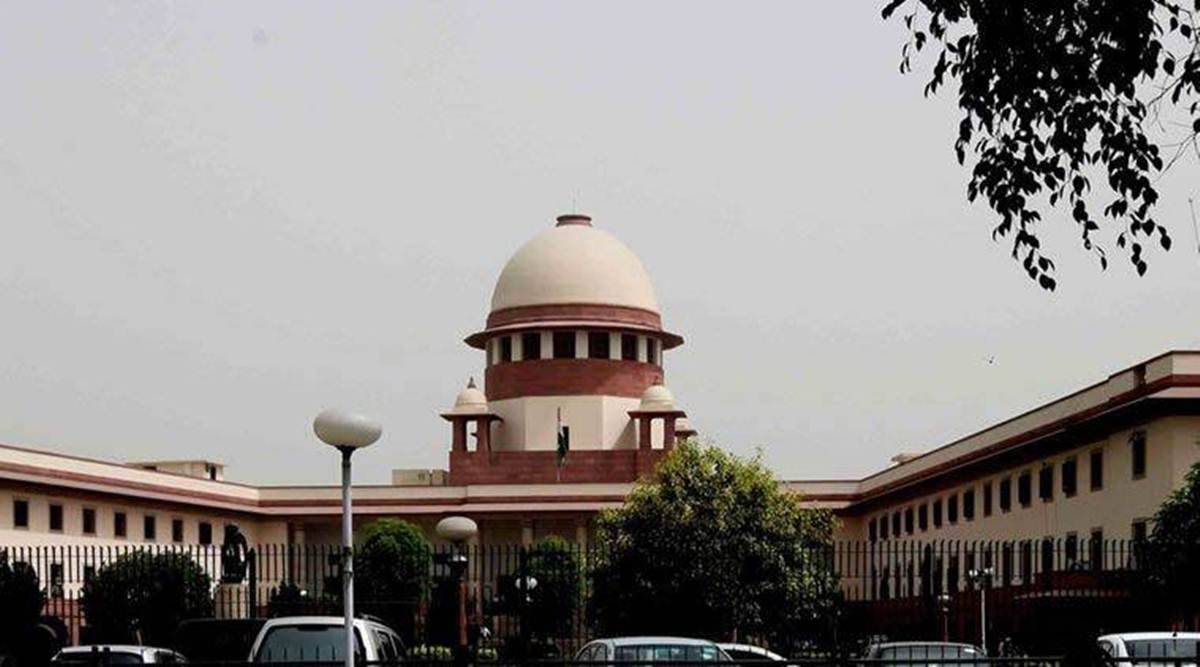

SC rejects pleas seeking review of 2018 Aadhaar verdict
Why In News?
The Supreme Court has dismissed a batch of pleas seeking review of its 2018 verdict which had upheld the Centre’s flagship Aadhaar scheme as constitutionally valid but struck down some of its provisions, including its linking with bank accounts, mobile phones and school admissions.
A five-judge Constitution bench headed by Justice A M Khanwilkar, by a majority of 4:1, rejected the review pleas against the apex court’s September 26, 2018 verdict. Justice D Y Chandrachud, one of the five-judges of the bench, dissented with the majority verdict and said that the review petitions be kept pending until a larger bench decides the question related to certification of a bill as a money bill.
The Aadhaar Bill was certified as a money bill which enabled the government to get it cleared without getting the assent of a majority in the Rajya Sabha.
Background:
In its 2018 verdict, a five-judge Constitution bench headed by then Chief Justice Dipak Misra had held that while Aadhaar would remain mandatory for filing of Income Tax Return and allotment of permanent account number (PAN).
it would not be mandatory to link Aadhaar number to bank accounts and telecom service providers cannot seek its linking for mobile connections.
In its 4:1 verdict that had also quashed some contentious provisions of the Aadhaar Act, the top court, however, had held Aadhaar would be needed for availing facilities of welfare schemes and government subsidies.
Ruling that seeding of Aadhaar would not be required for opening bank accounts, availing mobile services, by CBSE, NEET, JEE, UGC and for admissions in schools and free education for children, the top court had observed that Aadhaar had also become a household name and that its use has spread like a “wildfire”.
It had struck down as unconstitutional the portion of Section 57 of the Aadhaar (Targeted Delivery of Financial and other Subsidies, Benefits and Services) Act, 2016 that permitted private entities like telecom companies or other corporates to avail of the biometric Aadhaar data.
Justice Chandrachud, who was part of the five-judge bench which had delivered the 2018 verdict, had given a dissenting judgement in which he ruled that Aadhaar Act should not have been passed as a Money Bill as it amounts to fraud on the Constitution and is liable to be struck down.
But the majority verdict of 2018 by the other four judges, including the then CJI, upheld the passage of the Aadhaar Bill as Money Bill in Lok Sabha.
What is a Money Bill?
A money bill is defined under Article 110 of the Constitution.
A Money Bill has to be introduced in the Lok Sabha as per Section 110 of the Constitution. Then, it is transmitted to the Rajya Sabha for its recommendations. The Rajya Sabha has to return the Bill with recommendations in 14 days. However, the Lok Sabha can reject all or some of the recommendations.
Who decides the Bill is a Money Bill?
-
The Speaker of the Lok Sabha is authorised to decide whether the Bill is a Money Bill or not. Also, the Speaker’s decision shall be deemed to be final.
